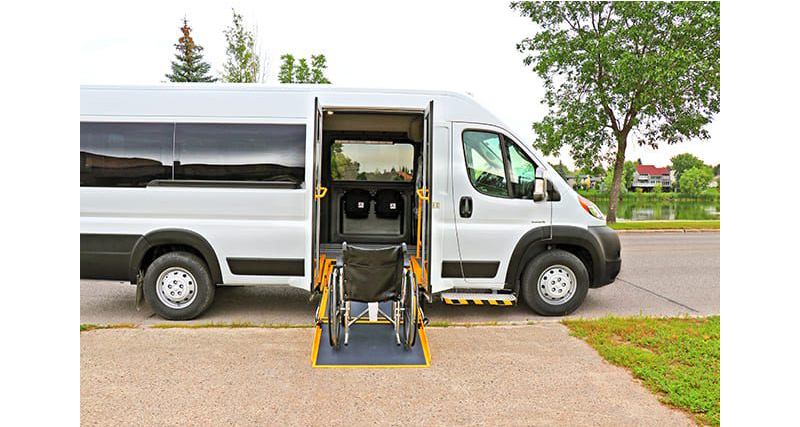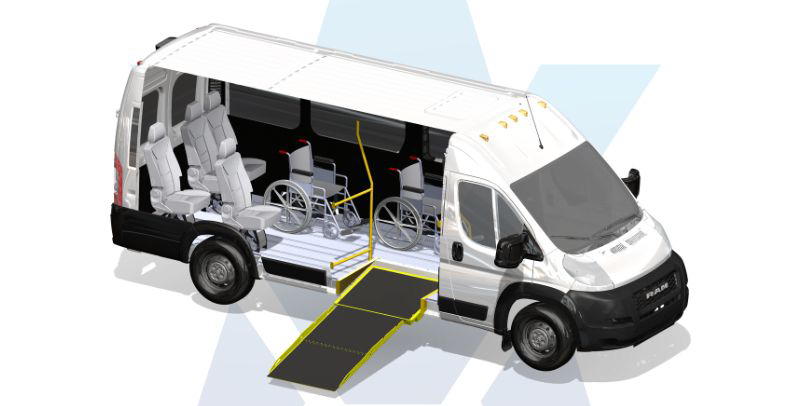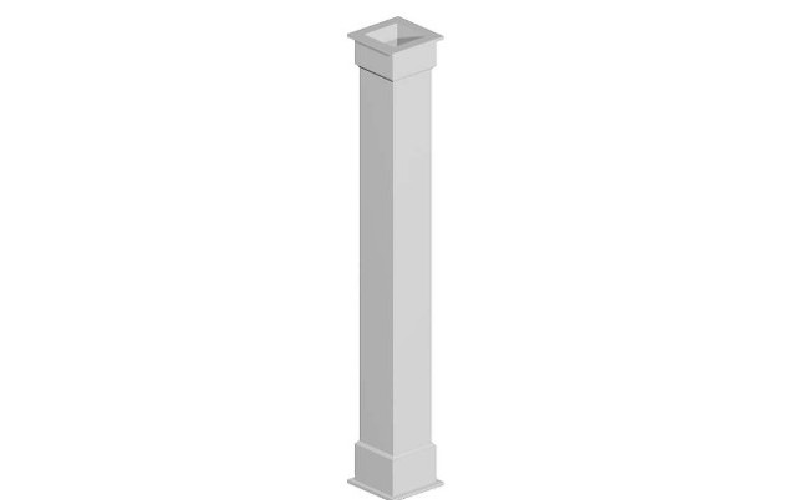The healthcare system has undergone a significant transformation in recent years, with advances in technology and increasing demand for more accessible and convenient medical services. One groundbreaking development in healthcare is the introduction of mobile medical units, also known as mobile clinics or mobile health units. These are portable healthcare facilities that can be transported to different locations, providing medical services directly to communities and individuals who lack access to traditional healthcare facilities. The impact of mobile medical units has been revolutionary, bringing about positive change and significantly improving the overall quality of healthcare.
How Mobile Medical Units are Revolutionizing Healthcare Delivery?
Mobile medical unit are changing the way healthcare services are delivered by providing access to essential medical care in remote or under-served areas. These units are equipped with advanced medical equipment and staffed by trained healthcare professionals, making it possible to offer a wide range of healthcare services on-site. One of the biggest benefits of mobile medical units is their ability to reach people who may not have easy access to traditional healthcare facilities. This includes rural and isolated communities, disaster-stricken areas, and even urban areas where there is a shortage of healthcare resources. By bringing medical services directly to the people, mobile medical units are improving health outcomes and reducing healthcare disparities.

The Impact of Mobile Medical Units on Rural Communities
Mobile medical units have a profound impact on rural communities by addressing healthcare disparities and enhancing accessibility. These units, equipped with medical professionals and necessary equipment, bring vital health services directly to remote areas. In rural communities where healthcare facilities may be scarce, these mobile units play a pivotal role in providing preventive care, screenings, and basic medical treatments. By reaching individuals who face geographical barriers or limited transportation options, mobile medical units improve early intervention and disease management. Additionally, they contribute to community health education and awareness.
Improving Emergency Response: Mobile Medical Units
In emergencies, time is of the essence, and quick medical interventions can mean the difference between life and death. Mobile medical units have played a crucial role in improving emergency response by providing rapid and on-site medical services. These units are equipped with essential medical equipment and supplies, and their mobility allows them to reach disaster or accident sites quickly. This has greatly improved the chances of survival for victims, particularly in remote and hard-to-reach areas. In addition, mobile medical units can also provide medical support during large events, such as concerts or marathons, ensuring the well-being of participants and spectators.
Expanding Preventative Care: On-The-Go Medical Services
Preventative care is an essential aspect of healthcare, as it focuses on preventing diseases before they occur. Unfortunately, many individuals lack access to preventative care, leading to a high burden of preventable diseases. Mobile medical units have expanded preventative care by providing on-the-go medical services such as health screenings, immunizations, and health education. These services are crucial in identifying and addressing health issues early, preventing the progression of diseases, and reducing their impact. By bringing preventative care directly to communities, mobile medical units are helping to promote a healthier population and reduce the burden on traditional healthcare facilities.
Expanding Healthcare Services: The Versatility of Mobile Medical Units
Mobile medical units are versatile and cost-effective means of expanding healthcare services in underserved areas. These units can be easily transported to remote and hard-to-reach locations, bringing much-needed healthcare services to local communities. These units can be equipped with basic medical facilities such as examination rooms, diagnostic equipment, and medication dispensary. They can also be customized to cater to specific healthcare needs, such as dental and eye care services. Additionally, they can serve as a base for health education campaigns and outreach programs, providing vital information to communities on preventive healthcare measures. Mobile medical units are also adaptable in emergency situations, providing immediate medical assistance to disaster-stricken areas or refugee camps. Moreover, they can serve as a temporary solution for overwhelmed healthcare facilities, alleviating the burden on existing infrastructure.
Revolutionizing Medical Outreach: The Power Of Mobile Units
The use of mobile medical units has revolutionized medical outreach, making it more efficient and effective. These units can be deployed to different locations, providing healthcare services to multiple communities in a single day. This reduces the time and cost involved in traditional medical outreach, where healthcare providers have to travel to different sites or individuals have to travel to hospitals or clinics. By taking the clinic to the people, mobile medical units have improved the efficiency of healthcare delivery, allowing healthcare providers to serve more individuals in need and reducing the burden on traditional healthcare facilities.
Bridging Healthcare Gaps: The Role Of Mobile Medical Units
Mobile medical units have played a significant role in bridging healthcare gaps, particularly in resource-limited settings. These units have made healthcare services more affordable and accessible, addressing some of the major challenges faced by healthcare systems globally. Through their services, mobile medical units have improved healthcare outcomes, reduced health disparities, and increased healthcare access for vulnerable and marginalized populations. Additionally, by reducing the burden on traditional healthcare facilities, these units have allowed healthcare providers to focus on more complex and specialized care, improving the overall quality of healthcare.
Conclusion
The impact of mobile medical units on healthcare has been transformational, with their ability to enhance accessibility, bring healthcare to underserved areas, improve emergency response, expand preventative care, meet the needs of rural communities, revolutionize medical outreach, and bridge healthcare gaps. These units have proven to be a valuable addition to the healthcare system, providing vital healthcare services to individuals and populations who lack access to traditional healthcare facilities. With continued advancements in technology and increased focus on improving healthcare access and outcomes, the role of mobile medical units is set to become even more significant in revolutionizing healthcare.

Leif Serrano, a passionate content writer based in one of the vibrant cities of the United States. My journey in the realm of words has been nothing short of an exhilarating exploration, where every sentence is a step toward unraveling new ideas and perspectives.




